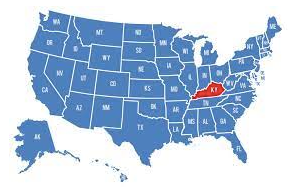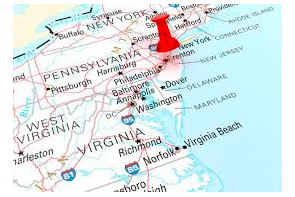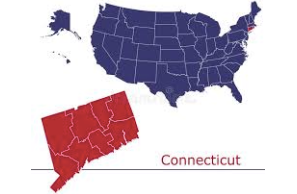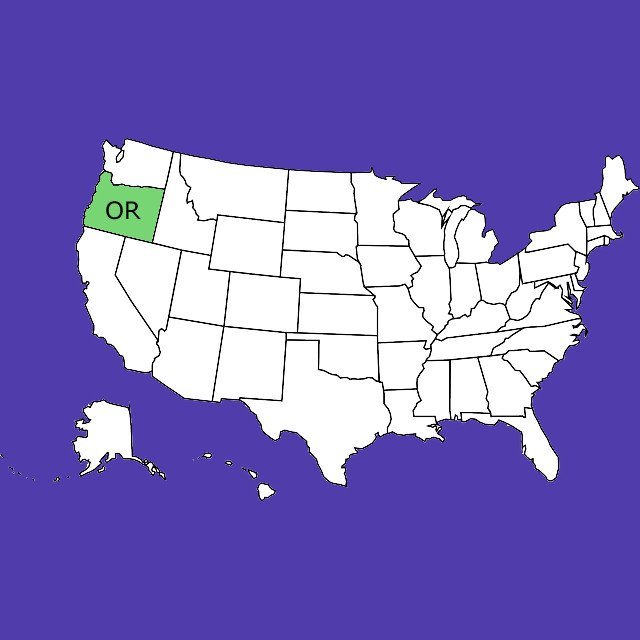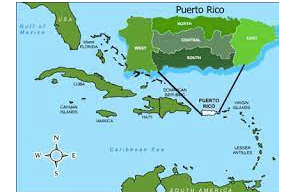February 2021

Judge Mary A. Celeste (ret.): Has the Marijuana Classification Under the Controlled Substances Act Outlived Its Definition?

Dentons: New developments in the German medical cannabis and cannabidiol (CBD) market 2021 – an overview

Guyer & Regules: Cannabis Regulation in Uruguay

Baker & McKenzie: Cannabis Outlook: What’s on the Horizon?

Coats Rose: Staying CBD Lawsuits Pending FDA Regulation

HD Compliance: Hemp is Legal – Why is it Still High-Risk?

Wasel & Wasel: Land and Costs for Investing in Lebanon’s Medical Cannabis Industry under the new Medical Cannabis Law
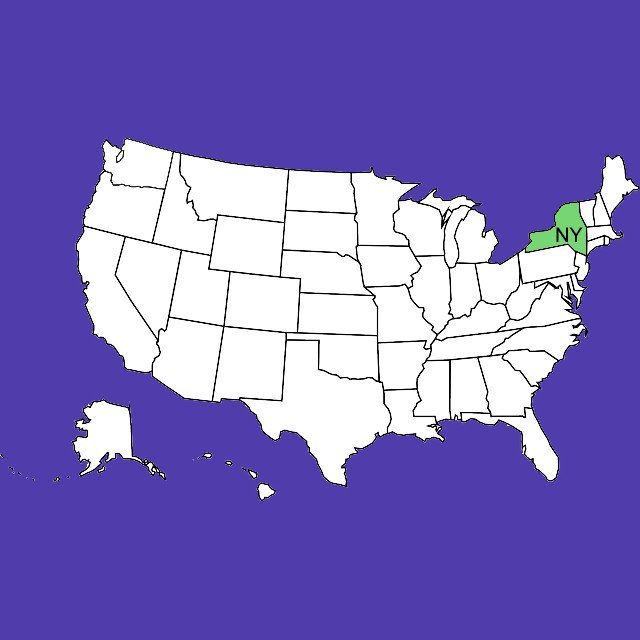
Duane Morris: January 11, 2021: Governor Cuomo Proposes Cannabis Legalization in New York State

Snow Hahn: Federal Hemp Rules Finalized; RI Plan Approved

Tilleke & Gibbins: Thailand Opens Licensing for Hemp Production, Import, Export, and Distribution
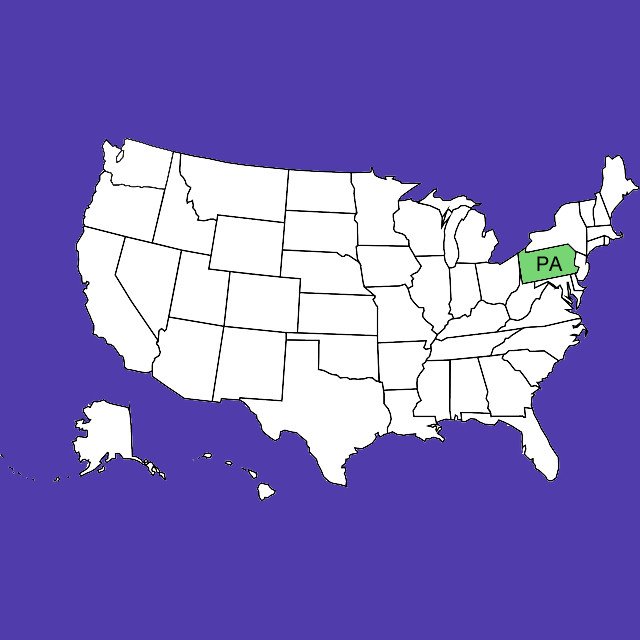
Chartwell Law: New Precedent Set By the Pennsylvania Commonwealth Court on the Medical Marijuana Act

Harris Beach: NY-Hemp Retail and Distributor License Applications Go Live

Troutman Pepper: USA: Tobacco & Cannabis Policy in 2021

Bradley: Alabama on the Brink of Adopting Medical Cannabis

Hodgson Russ: What’s New in the Cannabis Regulation and Taxation Act of 2021?

Hoban Law: New York State Department of Health Launches the Cannabinoid Hemp Retail License Application and Distributor Permit Application

Buscher Law: The MORE Act: Preparing for a New Cannabis Regulatory Regime

Countries with the Most-Friendly Psychedelics Environments

Joslyn Law Firm: The Largest Racial Disparities in Marijuana Possession Arrests Across the U.S.

iComply: Reducing Product Liability through Compliance and Standards
September 2021
Dentons: Medical Cannabis From German Cultivation
On 7th July 2021, the German Federal Institute for Drugs and Medical Devices (Bundesinstitut für Arzneimittel und Medizinprodukte – BfArM) launched the first sale of cannabis exclusively for medical purposes from cultivation in Germany.
Jim Plamondon: Precision Fermented Cannabinoids: Disrupting Cannabis Extracts – Cannabinoids made by precision fermentation pose an existential threat to much of the cannabis farming & processing industry.
Genetically modified microbes are being fermented in breweries, today, to produce cannabinoids. The combination of genetic engineering and fermentation is called “Precision Fermentation” (PF). The resulting Precision-Fermented Cannabinoids (PFCs) can be sold as isolates, blended with terpenes and flavonoids into pseudo-extracts, and soaked into cheap hempseed flower biomass to make pseudo-marijuana flower. These PFC-based products are likely to satisfy those who want to treat their medical conditions (or get high) inexpensively—that is, everyone except connoisseurs.
Global Cannabinoid Solutions (Company): The New Delta Variant – Delta-8-THC
The delta-8 -tetrahydrocannabinol (delta-8-THC) trend has emerged as a solution to this oversupply of CBD biomass. An interesting chemical property of CBD meant that chemists could convert the unwanted CBD into isomers of THC
Global Cannabinoid Solutions (Company): From CBD to Cytochrome.
Much of the cannabis industry we see today is based around just two of the 1000+ phytochemicals that reside in cannabis: cannabidiol (CBD); and tetrahydrocannabinol (THC). All progress thus far has been made through a primary focus on these two phytocannabinoids, just a tiny fraction of the plant’s potential. CBD is just the tip of the iceberg.
Baker & McKenzie: The Cannabis Industry pushes forward despite the pandemic
As we enter the critical stage in our fight against the COVID-19 pandemic and its lingering effects on the world’s economy, business operations, and our daily lives, it is encouraging to see that the healthcare industry, including innovation and investments in this area, both globally and in Thailand, remains strong and resilient despite the pandemic. This outlook on growth and innovation also applies in the area of cannabis.
Scientific Solutions (Company): The Conflicting Personality of Hemp: The Challenges of a Heavy Metal Avid Hyperaccumulator Being Used as a Source of Medicinal Cannabinoids
Cannabis and hemp are known to be avid hyper-accumulators of contaminants in the soil. That is why they have been used to clean up toxic waste sites where other kinds of remediation attempts have failed. In the aftermath of the Chernobyl nuclear melt down in the Ukraine in 1986, industrial hemp was planted to clean up the radioactive isotopes that had leaked into the soil and ground waters. The phytoremediation properties of botanical species are well-recognized. It has been reported that close to 400 plants, shrubs, flowers and trees have the ability to absorb extremely high levels of metal contaminants out of the soil.
Michael Sassano: GMP Series Part 6 – Quality Assurance Implementation
The difference between Quality Control (QC) and Quality Assurance (QA) is not always clear. Quality Control refers to the process that analyzes every raw material, excipient, intermediate material and finished product, in the laboratory. Quality Assurance is a complex system that includes: Site Master File (SMF), Quality Manual (QM), Main SOPs, Equipment Validation, Process Validation, Cleaning Validation, Computer System Validation, Product Quality Review, Risk Analysis, Audits and Inspections.
Leafreport (Company): Slow and Steady: The Road to CBD Regulation Inches Forward
11 million pounds of unsold hemp are sitting idle in Kentucky. For hemp farmers in Kentucky and the wider US, hemp is not the cash crop it was purported to be. Hemp farmers, the wider industry, and consumers alike, are living in a limbo borne of the indecisiveness and inaction of the FDA.
Regrow (Company): Can Technology Keep Pace with the Rapidly Evolving Cannabis Market?
As the cannabis industry begins to see its first large-scale, multi-state operators, many businesses are finding that their current operations are being hindered by not having the right technology, especially operations management software, available to them.
Goodwin: New Jersey Cannabis Regulatory Commission Approves Specially Adopted Personal Use Cannabis Rules
On August 19, 2021, the New Jersey Cannabis Regulatory Commission (CRC) approved the Specially Adopted Personal Use Cannabis Rules (the “Rules”). The Rules will be effective until at least August 19, 2022.
Seyfarth: Connecticut Becomes the 20th Jurisdiction to Legalize Recreational Marijuana
Seyfarth Synopsis: In the first six months of 2021, several states legalized marijuana for recreational and medicinal purposes, including New York, New Jersey, Virginia, and New Mexico. States show no signs of slowing down. On June 22, 2021, Connecticut Governor Ned Lamont signed a bill that legalized recreational marijuana use by adults 21 years and older.
Meritas: Podcast – Meritas World Tour: Cannabis Legalization in Costa Rica
Podcast series where Mario Torres, lawyer at Meritas member firm BrazeauSeller and Co-Chair of Meritas’ Latin America & Caribbean Cannabis law group, interviews lawyers from around the world to learn more about how each jurisdiction is handling cannabis and marijuana legalization.
Freeman Law: Section 280E and The Taxation of Cannabis Businesses
Section 280E of the Internal Revenue Code prohibits taxpayers who are engaged in the business of trafficking certain controlled substances (including, most notably, marijuana) from deducting typical business expenses associated those activities. Section 280E, which was enacted in 1982 during the so-called War on Drugs, has become increasingly relevant for cannabis (marijuana) businesses.
Green Light Law Group: Jackson County Code Enforcement Against Greenhouses Runs Afoul of State Law
Jackson County is running afoul of appellate decisions that the county itself is a party to, such that code enforcement appears to be willfully flouting the law in issuing these citations.
Bass Berry Sims: Tennessee Expands (Minimally) Medical Marijuana Law and Establishes Cannabis Commission
Tennessee recently enacted a minimal expansion of its medical marijuana law. The law took effect May 27, 2021, and it slightly enlarges the medical conditions for which persons may possess a very limited amount of tetrahydrocannabinol (THC). Previously, Tennessee law allowed only those diagnosed with intractable seizures or epilepsy to possess a limited amount of medical cannabis oil. The law also creates a commission to study the possibility of future medical marijuana legalization.
Littler: Puerto Rico – Got The Green Light, New Puerto Rico Law Expands Employment Protections For Registered And Licensed Medical Cannabis Patients
On July 29, 2021, Puerto Rico Governor Pedro Pierluisi signed into law Act No. 15-2021 (Act 15). Act 15 amends Act No. 42 of July 9, 2017, also known as the Act to Manage the Study, Development and Research of Cannabis for Innovation, Applicable Standards and Limits (Medicinal Cannabis Act). This amendment expands employment protections to employees who are registered and licensed medical cannabis patients.
Green Light Law Group: Exploring THC-O’s Legality
For years, the only cannabinoid that anyone seemed to care about was delta-9 THC. Cannabinoids are compounds found in or derived from cannabis (or in some cases, other organic materials). Delta-9 is the component in marijuana that gets users high. However, it is not the only compound in the cannabis plant. Starting in 2016, CBD emerged as a wildly popular, non-psychoactive cannabinoid that could be derived from hemp, which is cannabis with less than 0.3% delta-9 THC on a dry weight basis. Then came delta-8 THC, which has exploded in popularity as the next big thing in cannabis. In light of this, we at the Green Light Law Blog want to inform our readers about other, up-and-coming cannabinoids. Today we will focus on THC-O’s legality and more.
Lippes Mathias Wexler Friedman: Tribal Regulation Of Marijuana Is A Public Health Imperative
With the legalization of recreational marijuana sweeping across the states one-by-one—and the possibility of federal legalization—Tribes are in a unique position to capitalize on this emerging market. When Tribal governments are deciding whether to engage in this new industry, they have several considerations including legal, cultural, economic, and public health and safety considerations. In other words, Tribes will have to answer the questions of: Can we? Should we? And how?
Nolan IP Law: Industry Snapshot: Cannabis Plant Patents
A plant patent is granted to an inventor who has invented or discovered and asexually reproduced a distinct and new variety of plant, other than a tuber propagated plant or a plant found in an uncultivated state.





